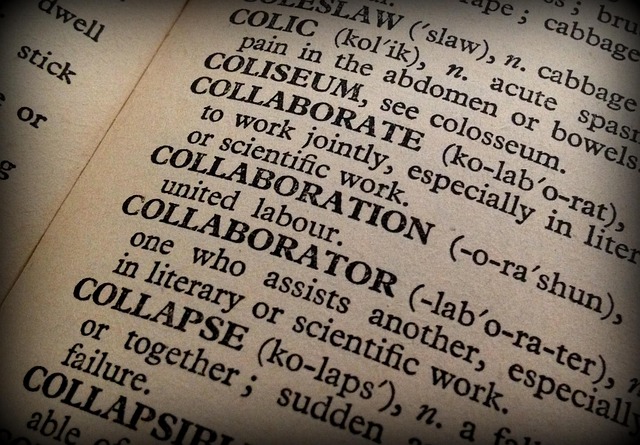Exploring Swedish-German Collaborations at Research Infrastructures

This initiative explores the history, organization and contemporary dynamics of German-Swedish collaborations at Research Infrastructures (RIs). Germany and Sweden have a long history of realising and operating cutting-edge Research Infrastructures such as the German Electron Synchrotron (DESY) in Hamburg, Germany, the MAX IV synchrotron radiation facility and the emerging European Spallation Source (ESS), both located at Lund, Sweden.
From 2009, Germany and Sweden concluded a Memorandum of Understanding to advance collaboration in materials research and structural biology using neutron and synchrotron radiation. Such scientific collaborations, especially in application-oriented fields using large-scale instrumentation, have repeatedly proven to be interrelated with broader research policy considerations and science diplomacy in the past.
This initiative is motivated to reassess German-Swedish cooperation at Research Infrastructures in light of the ongoing political changes in the region of the Baltic Sea: after the Russian invasion of Ukraine, the entire security architecture in the region is in flux with Sweden and Finland starting to rethink their traditionally neutral stance. Within Sweden there is also the emergence of a “responsible internationalization” discourse, requiring an assessment of risks as well as opportunities in international research collaboration. The previously established cross-border collaborations across Research Infrastructures in Sweden and Germany might serve as a building block in the consolidation of relations between the Scandinavian countries and the rest of Europe.
The initiative benefits from the expertise of the Center for X-rays in Swedish Material Science (CeXS) as academic host of the Swedish Materials Science beamline at PETRA III at DESY as well as from the expertise of CASSIS at the University of Bonn in researching and understanding collaborative dynamics at Research Infrastructures. It is led by Denise McCluskey, Manager at CeXS and Katharina Cramer, Senior Fellow at The University of Bonn's Center for Advanced Security, Strategic and Integration Studies (CASSIS).
The project International Research Infrastructures as Arenas for Collaboration - Research Users’ Perspectives will run from 2023 to June 2026. This project is funded by the Swedish Foundation for International Cooperation in Research and Higher Education (STINT), coordinated by KTH Royal Institute of Technology with project partners from Linköping University, Bonn University and DESY.